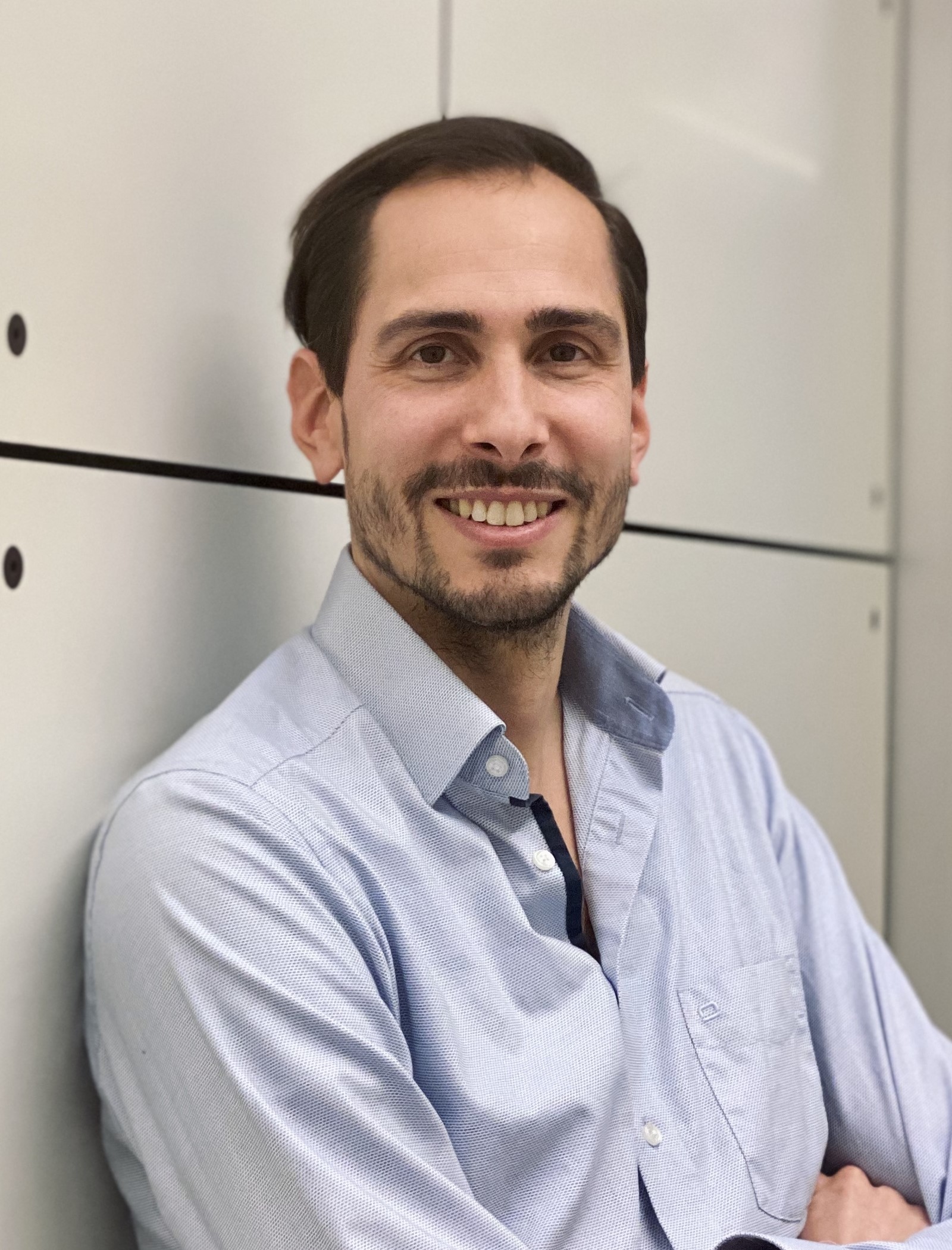Mindpeak, founded by Dr. Tobias Lang and me, has been developing Artificial Intelligence software for pathologists since 2018. Our mission is to make cancer diagnosis accessible for everyone globally. Partnering with several international laboratories and leading pathology service providers, our Hamburg (Germany) based company is continuously expanding its product range and developing it into an indispensable component of the digital pathology workflow.
This year, Mindpeak has received the CE-IVD mark for BreastIHC, a product suite with quantifiers for Ki-67, ER and PR in breast tissue and was the first company to have received approval for a Deep Learning solution which detects tumor cells on a single cell level, classifies them into positively or negatively stained tumor cells, quantifies them and gives the resulting clinical score.
Q: Tell us about yourself?
I am an entrepreneur and computer scientist. I won two world championships in robot soccer with the University of Freiburg. In 2008, I founded the online games company Bytro Labs, which merged with Stillfront Group in 2013 and went public in 2015 (current market capitalisation USD 1.5 billion). I spent several months in Silicon Valley with the German Accelerator. In 2018, I founded the startup Mindpeak with my fellow student Dr. Tobias Lang.
Q: What is the inspiration behind your business?
Due to a serious illness in my personal environment, I became very intensively involved with the topic of cancer. Cancer is now one of the main causes of death worldwide. The number of cancer cases increases from year to year – because people are getting older and older – but the diagnostic capacities do not grow with it. The background to this is that the number of specialists who detect cancer – mostly pathologists – is hardly increasing. That’s when my co-founder Tobias Lang and I came up with the idea of using artificial intelligence to help diagnosing cancer.
Q: What is your magic sauce?
We have continuously developed our AI over the past three years and fed it with a lot of data – in this case, high-resolution images of tissue samples with breast cancer. We use a hybrid Deep Learning approach that combines unsupervised and supervised learning to increase the robustness of our Artificial Intelligence and to be data efficient. The algorithm then learns to analyze images it has never seen before. BreastIHC is therefore the ideal support for pathologists to identify, count and thus classify breast cancer cells quickly, safely and cost-effectively. This is a task that, until now, has been carried out by the specialist by hand with the help of a microscope, as was the case a hundred years ago, in a laborious and time-consuming manner.
The special thing about our solution is the robustness of our artificial intelligence – it works out-of-the-box in any laboratory setting without the need for re-training per lab. Another outstanding feature is that it works on a single-cell basis: With this combination, we can significantly reduce the error rate in the detection of cancer cells and at the same time significantly increase the speed of diagnosis.
In the largest variability study to date for AI in digital pathology, which is currently under publication, we looked at samples from over 200 biopsies that have been processed in 18 different ways simulating the variations in slide preparation between laboratories. And in this study we were able to show that our AI essentially delivers the same clinical result irrespective of which stainers and scanners were used. This has never been done before.
Q: Where do you see your company going in 5 years?
Right now, cancer diagnosis is only available to a sub-group of people on our planet because it is expensive and we are lacking pathologists. With Mindpeak, we have the vision to make cancer diagnostics accessible to everyone globally. By creating AI-software to enable a faster and more accurate diagnosis, pathologists can do faster and better diagnosis.
In 5 years, Mindpeak will assist the pathologist in 80% of their daily tasks.
Q: What has been your biggest setback so far?
One of the biggest challenges for us are the partially outdated regulatory requirements. Regulation is essentially meant to provide safety for the patient. So far, however, the rules and standards in the health sector date from a time when medical devices were mainly hardware devices.
Now more and more software- and especially AI tools, are being approved as a medical device. Many of the regulatory requirements now no longer fit this new breed of medical devices. And so many start-ups are drowning in excessive bureaucracy and are forced to comply with rules that no longer fit, instead of spending their time developing better AI solutions.
Q: What is the next big challenge for your business?
The next big challenge will be to focus on the right combinations of biomarkers, the antibody-clones for the biomarkers, tissues and even (sub-)types of cancer in a tissue.
Q: How do people get involved/buy into your vision?
We offer our solutions to all digitized pathology labs directly or via one of our distribution partners. We integrate deeply into the existing lab environment to enable a seamless and fast workflow. Get in touch with us, if your lab needs cutting edge AI that supports you in daily routine.
Call us or send us an email to [email protected].




